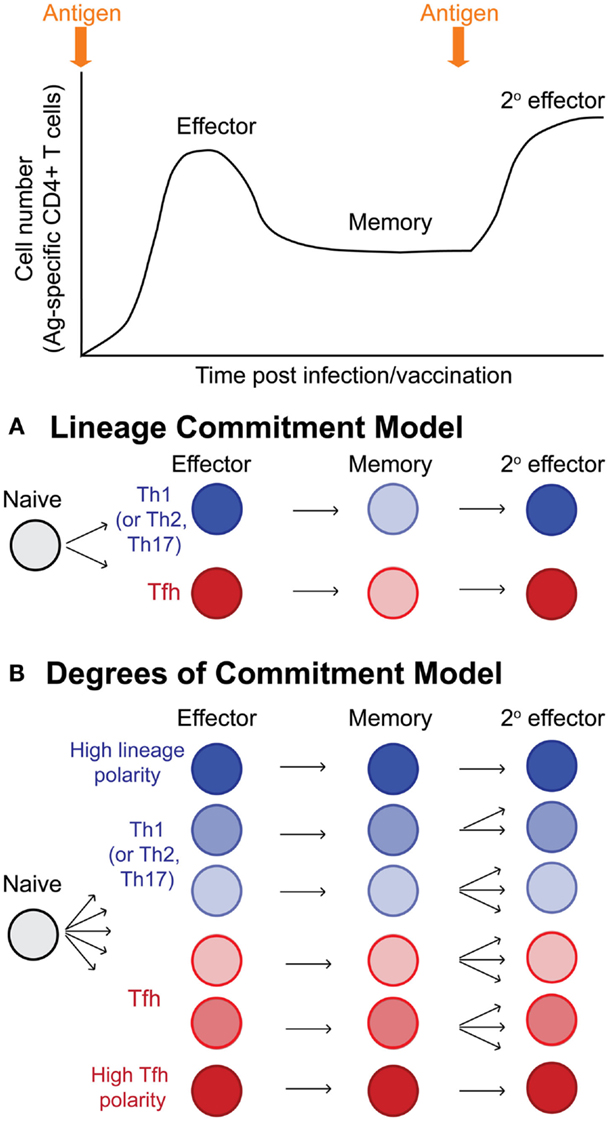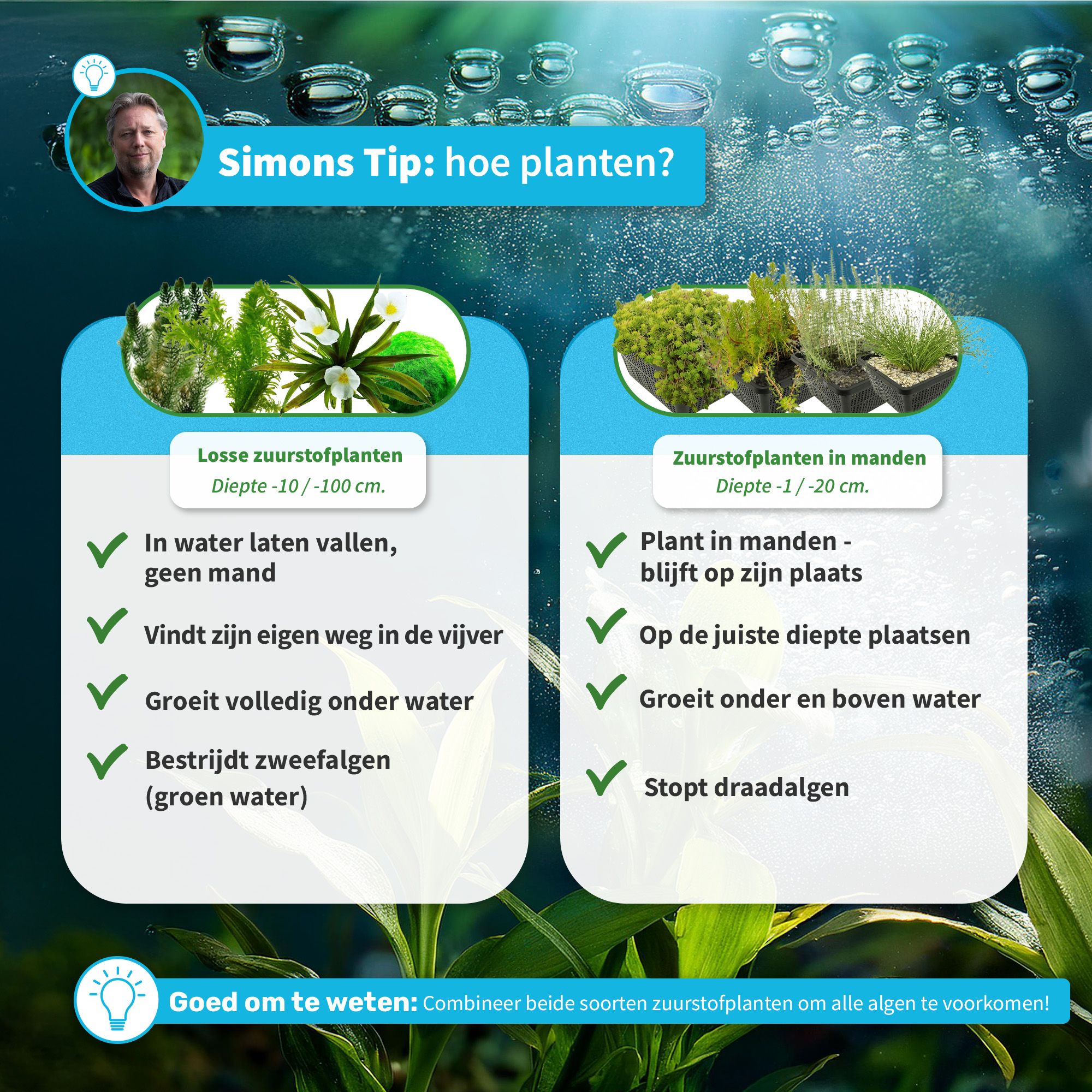Azure vs AWS: Navigating Cloud Career Paths and IT Professional Development
Azure vs AWS: choose your cloud career path
The cloud compute industry continue to expand at a remarkable pace, create abundant opportunities for its professionals. At the forefront of this technological revolution stand two giants: Microsoft Azure and Amazon Web Services (AWS). For tech professionals plot their career trajectory, decide which cloud platform to specialize in represent a significant strategic choice.

Source: keitron.com
Market share and industry adoption
AWS presently maintain the largest market share in the cloud compute space, command roughly 32 % of the global cloud infrastructure market. Azure follow in second position with approximately 21 % market share. This leadership position give AWS certain advantages in terms of job availability and enterprise adoption.
Yet, raw market share numbers tell only part of the story. Azure has been gain ground steady, peculiarly among organizations already invest in the Microsoft ecosystem. Companies with significant investments in Windows server, active directory, and Office 365 oftentimes find azure to be a natural extension of their exist infrastructure.
Salary comparisons
Both azure and AWS specialists command competitive salaries in the current market. Accord to industry salary data:

Source: hotzxgirl.com
- AWS solutions architects average $130,000 to $$160000 yearly
- Azure solutions architects average $125,000 to $$155000 yearly
- AWS DevOps engineers average $120,000 to $$150000
- Azure DevOps engineers average $115,000 to $$145000
While AWS positions typically command somewhat higher salaries, the difference is narrow as azure adoption increase. Furthermore, compensation vary importantly base on experience, location, and specific technical expertise beyond the cloud platform itself.
Certification pathways
Both cloud providers offer fountainhead structured certification paths that can importantly boost career prospects.
AWS certification path
AWS organize its certifications into four levels:
- Foundational aAWScertified cloud practitioner
- Associate solutions architect, developer, sysops administrator
- Professional solutions architect, dDevOpsengineer
- Specialty advanced networking, security, machine learning, etc.
The AWS certification track is known for its technical rigor and comprehensive coverage of cloud concepts. Many employers viewAWSs certifications as a reliable indicator of practical cloud skills.
Azure certification path
Microsoft has reorganized its certification program around role base credentials:
- Fundamentals aAZ900 ((zure fundamentals ))
- Associate administrator, developer, security engineer, data engineer
- Expert solutions architect, dDevOpsengineer
- Specialty aAIengineer, data scientist, iIOTdeveloper
Azure certifications are specially valuable for professionals work in organizations with exist Microsoft technology investments. They besides tend to integrate considerably with other Microsoft certifications in areas like Office 365 and Microsoft 365.
Learning curve considerations
The learning curve for each platform vary depend on your background:
AWS May be more approachable for professionals with a background in Linux and open source technologies. Its service naming conventions are loosely straightforward (e.g., ec2 for compute, s3 for storage ) which can make the initial learning process more intuitive.
Azure Oftentimes feel more familiar to it professionals with experience in Windows environments and Microsoft technologies. Those already verse in active directory, .net development, orSQLl server may find azure’s integration with these technologies advantageous.
Industry and geographical factors
Industry specialization can influence which cloud platform offer better career prospects:
- Financial services and retail industries have show stronger AWS adoption
- Healthcare and manufacturing sectors oftentimes lean toward azure
- Government contracts progressively favor azure, peculiarly in the U.S.
- Startups and digital native companies oftentimes build on AWS
Geographic considerations besides matter. While both platforms have global presence, certain regions show preferences. European markets have latterly shown increase azure adoption, whileAWSs maintain stronger positions inNorth Americaa and parts ofAsiaa pacific.
The multi cloud reality
Mayhap the nigh important insight for career planning is recognized thegrowthw multi cloud trend. Accord to recent industry surveys, over 85 % of enterprises nowadays employ multi cloud strategies, utilize services from multiple providers base on specific needs and use cases.
This trend will suggest that the virtually valuable cloud professionals will be those who can will work across platforms. While specialize in either AWS or azure provide a solid foundation, develop familiarity with both platforms create a peculiarly compelling skill set for employers navigate complex cloud environments.
Strategic career development for it professionals
Beyond the specific cloud platform choice, its professionals should consider broader strategic approaches to career development. The technology landscape evolve chop chop, make continuous learning essential for sustained career growth.
The t shaped skills model
One of the about effective approaches to it career development is cultivated a t shape skill profile:
- The vertical bar of the t represent deep expertise in a specific domain (e.g., cloud architecture, security, or data engineering )
- The horizontal bar represents broader knowledge across multiple relate domains
For cloud professionals, this might mean develop deep expertise in either AWS or azure while maintain work knowledge of other platforms and complementary technologies like containerization, infrastructure as code, or serverless computing.
This approach provide both specialize value and adaptability — a combination progressively prize by employers navigate complex technology landscapes.
Formal education vs. Practical experience
The optimal balance between formal education and hands-on experience remain a perennial question for its professionals. The virtually effective approach typicallycombinese elements of both:
Formal education benefits
- Provide structured learning and theoretical foundations
- Offer credentials recognize across the industry
- Builds networks with peers and mentors
- Develop critical thinking and problem solve frameworks
Practical experience benefits
- Builds applicable skills in real world context
- Demonstrate prove capability to employers
- Develops troubleshoot abilities and technical intuition
- Create portfolio materials showcase actual work
For cloud professionals specifically, a combination approach might include formal certification in AWS or azure complement by hands-on projects demonstrate practical implementation skills. Many successful professionals pursue degrees in computer science, information technology, or related fields while simultaneously build practical experience through projects, internships, or entry level positions.
Continuous learning strategies
Give the rapid pace of technological change, establish effective continuous learning habits is peradventure the about critical aspect of it career development. Successful strategies include:
1. Structured learning time
Allocate regular time blocks specifically for learn activities. Evening 30 minutes every day can yield significant knowledge gains over time. This might include work through online courses, study documentation, or experiment with new services in a sandbox environment.
2. Project based learning
Apply new concepts through concrete projects. For cloud professionals, this might mean create a serverless application on AWS lambda or azure functions, implement infrastructure as code with terraform, or build a CI / CD pipeline with GitHub actions.
3. Community engagement
Participate in professional communities relate to your specialization. This might include:
- Local meetup groups focus on cloud technologies
- Online forums like stack overflow or Reddit’s r / AWS or r / azure
- Contribute to open source projects
- Attend industry conferences (near or in person )
Community engagement not simply accelerates learn but likewise build professional networks that can lead to mentorship opportunities and job prospects.
4. Teaching and content creation
One of the virtually effective ways to solidify knowledge is to teach others. Consider:
- Write technical blog posts about cloud concepts
- Create tutorial videos
- Speak at meetups or conferences
- Mentor junior colleagues
These activities force deeper understanding while simultaneously build your professional brand and visibility in the industry.
Balancing specialization and adaptability
The tension between specialization and adaptability represent one of the central challenges in it career planning. While deep expertise in specific technologies create immediate value, the rapid pace of technological change mean that today’s cutting edge skills may become less relevant over time.
An effective approach balance specialization with foundational knowledge that transfers across technologies. For cloud professionals, this might mean:
- Develop expertise in either AWS or azure while maintain awareness of the other
- Master fundamental concepts like networking, security, and system design that apply across platforms
- Cultivate soft skills like communication, problem solve, and project management that retain value careless of technological shifts
Make your decision: AWS or azure?
Consider all factors, how should you decide between AWS and azure for your career focus? Here are some guidelines:
Choose AWS if:
- You’re start fresh in cloud computing without strong ties to exist technology ecosystem
- You’re target roles in startups, digital native companies, or industries with strong AWS adoption
- You have background in Linux and open source technologies
- Your value have the widest possible range of services and cutting edge features
- You want to maximize immediate job opportunities base on current market share
Choose azure if:
- You have significant experience with Microsoft technologies
- Your target enterprise environments, peculiarly those with exist miMicrosoftnvestments
- You’re interested in government or healthcare sector opportunities
- You value tight integration with windows base development environments and tools
- You want to position for growth markets where azure is gain share
Consider both if:
- Your aim for architect or consultant roles that oftentimes work across platforms
- You want maximum career flexibility across different industries and company types
- You’re interested in specialize in areas like security or DevOps that span cloud platform
- You have the capacity to learn multiple technologies simultaneously
Conclusion: beyond platform choice
While the AWS versus azure decision represent an important career consideration, successful its professionals recognize that sustainable career development transcend any single technology choice. The virtually resilient careers are build on a foundation of continuous learning, problem solve capabilities, and professional adaptability.
Quite than view the choice equally binary and permanent, consider your cloud platform specialization as one component of an evolve skill portfolio. Begin with the platform that best aligns with your current background, target industries, and learn style — but remain open to expand your expertise as the technology landscape and your career evolve.
Finally, the virtually successful its professionals combine technical expertise with business acumen, communication skills, and strategic thinking. These capabilities create value disregarding of which specific cloud technologies dominate the market in the come years. By focus on both platform specific knowledge and transferable skills, you can build a career that remain relevant and rewarding through ongoing technological change.
MORE FROM grabscholarships.de













